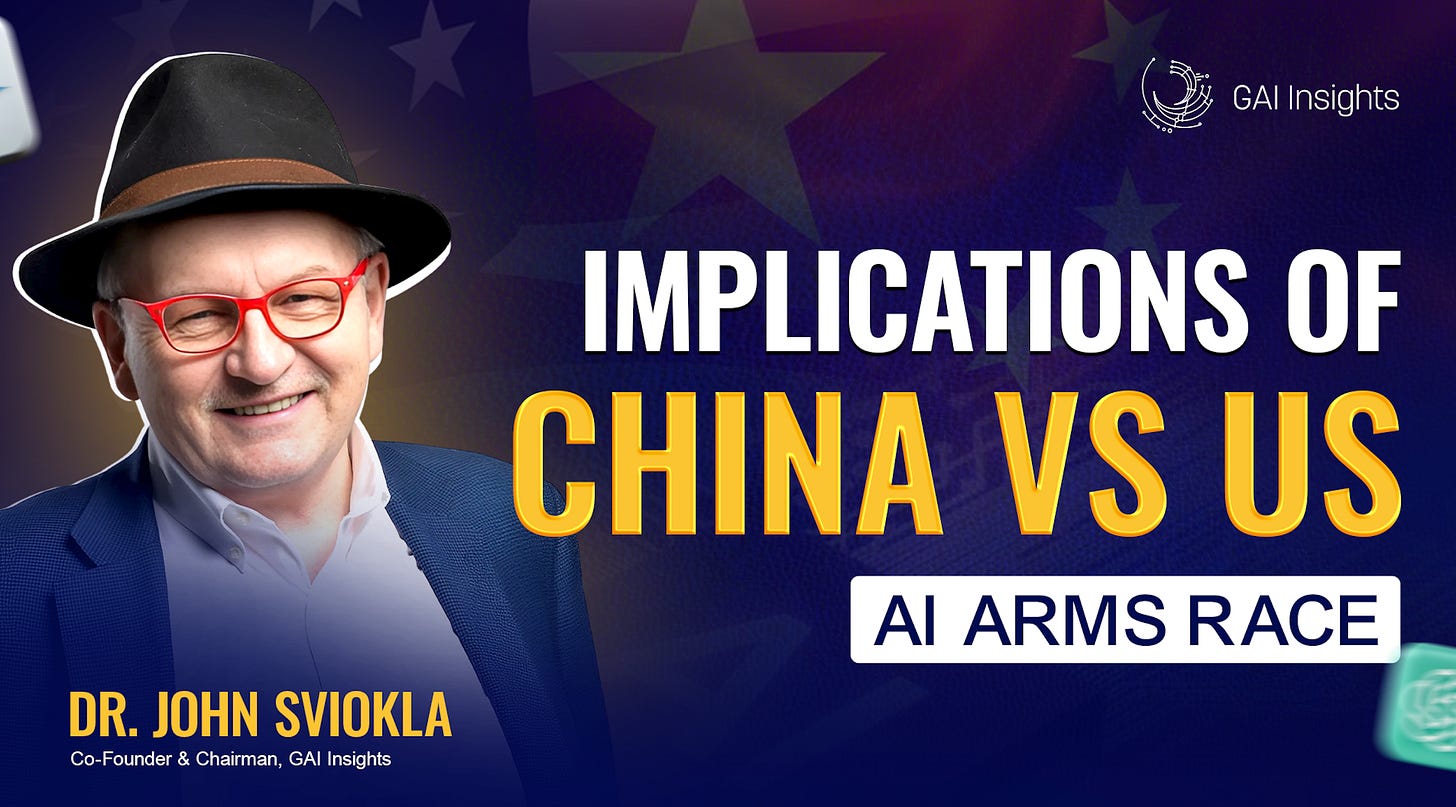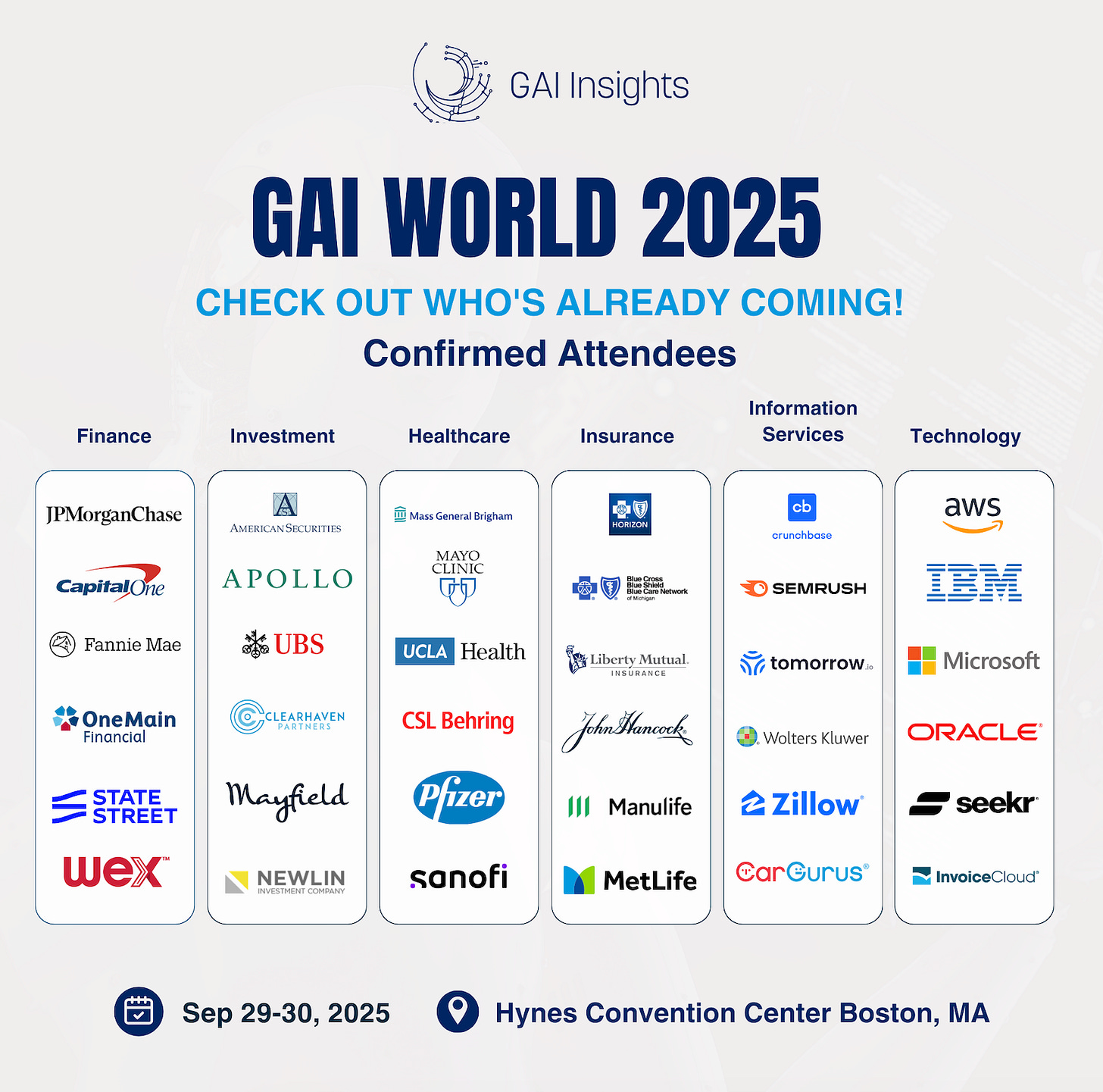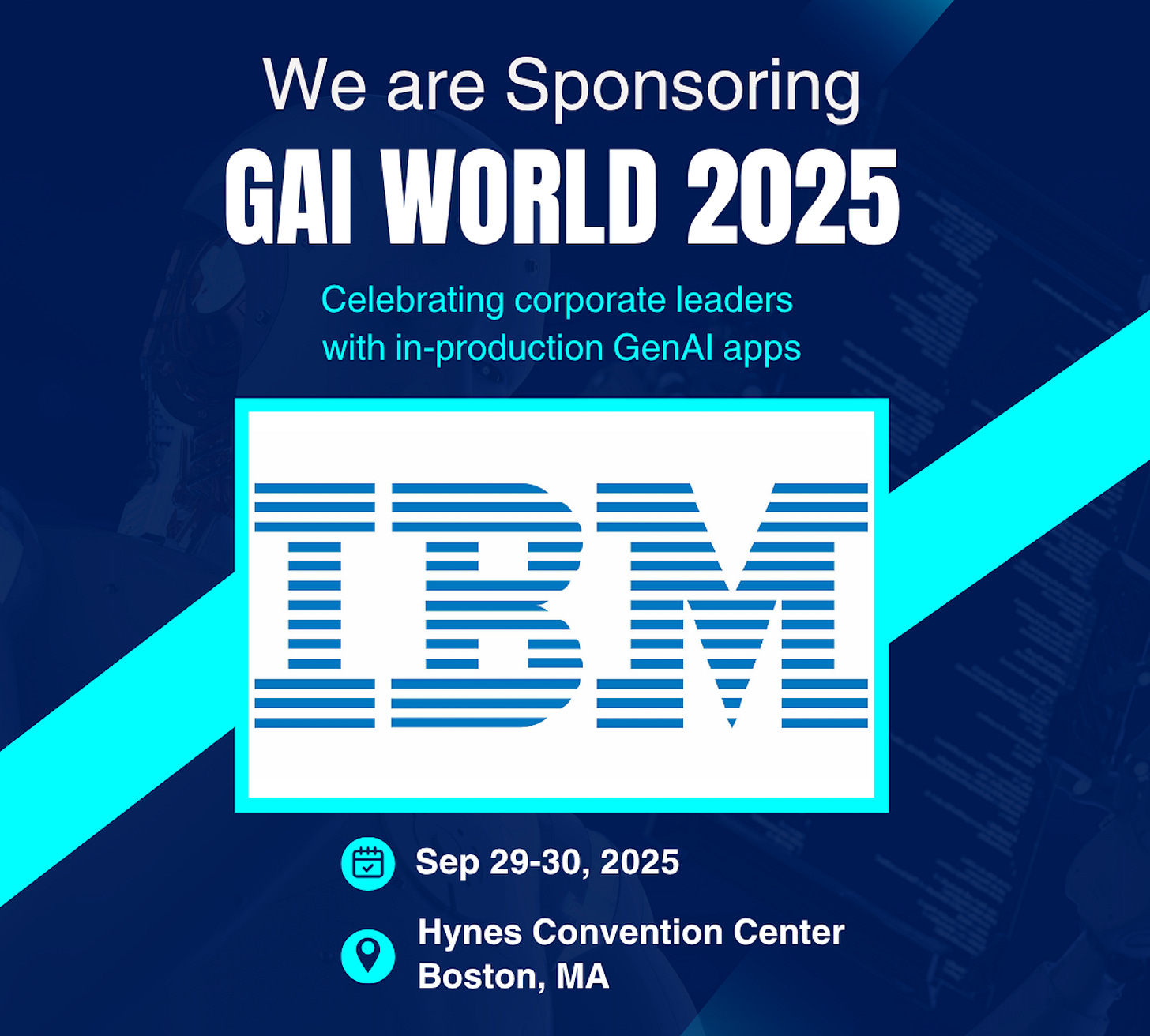OpenAI Releases Two Powerful Open Source AI Models: What You Need To Know
Chinese absolutely dominates open source AI models, but this is an important US entrant
OpenAI’s recent release of two new open source models — gpt-oss-120b and gpt-oss-20b — is a major shift in the AI landscape. As companies revisit their tech roadmaps, these models offer a powerful new option for on-premise and cost-effective deployments.
Until now, OpenAI’s AI models have been closed source and expensive, especially compared to open source alternatives—particularly those from China, which offer approximately 90% of the performance at 90% lower cost.
OpenAI Launches Two New Open Source Models
On August 5, OpenAI released two new open source AI models: gpt-oss-120b (a 120-billion-parameter Mixture-of-Experts model) and gpt-oss-20b (a smaller, 20-billion-parameter model). Both are available under the permissive Apache 2.0 license, enabling free download, customization, and local deployment. These models are designed for reasoning tasks, tool use, and agentic capabilities, and has a 128K context window. Notably, they can run on a laptop or smartphone. However, they are text-only and do not support multimodal inputs such as images or video.
Developers React: Impressive Performance On Consumer Hardware
Early feedback from developers has been largely positive. Developer Simon Willison highlighted their efficiency and noted that gpt-oss-20b can run on consumer hardware, such as a high-end laptop with a 16GB GPU. I am impressed by the near-parity with OpenAI’s proprietary models, such as o4-mini, on reasoning benchmarks. While some developers noted potential performance issues, these new models are remarkably strong initial efforts and are highly competitive with leading Chinese open source models.
Why This Matters: 3 Big Implications
Key Development in the U.S.-China AI Race: These new models represent a major advance in the ongoing AI competition between the U.S. and China. Chinese open source models like DeepSeek, Qwen, and Kimi have set the standard, and OpenAI’s latest offerings narrow the gap.
Viable On-Premise GenAI Deployment Option: OpenAI is now a credible option for on-premise GenAI deployments. Increasingly, companies—especially those in regulated industries—are implementing GenAI applications for their most sensitive processes with on-premise computers, beyond the reach of hyperscalers and cloud providers. Previously, OpenAI did not offer an on-premise solution, and many organizations found Meta’s Llama, a leading non-Chinese open source model, underwhelming.
AI Models for Physical Products: OpenAI’s new models are now an alternative for companies that need to run local AI models on physical products such as cars, smartphones, and consumer electronics.
OpenAI has maintained market leadership since the introduction of ChatGPT 3.5 and continues to set the pace. The launch of these open source models marks a “game on” moment for on-premise and on-device markets. AI vendors in these segments now face a formidable new competitor.
Implications for AI Leaders
Encourage your AI team to test OpenAI’s new open source models, especially if on-premise deployment is a priority.
Consider these models as tools to lower the total cost of ownership (TCO) for AI applications in production, particularly as firms manage increasing costs from expanded AI usage by employees, customers, and AI agents.
If your organization supports open source, consider contributing improvements to help maintain U.S. competitiveness in the AI race against China.
The market for AI model is advancing at lightening speed and the China-US AI arms races has heated up. Monitoring these developers are critical for your AI strategy.
Listen to Dr. John Sviokla’s analysis of the US/China AI Arms race - yes it is bigger than and more impactful than the US/Russia Space Race.
Join us Monday at 7p ET at our weekly Learning Lab for a presentation by Chase Williams, a high school senior who did a summer project for us. Sign up via Meetup.
Attend our 3rd annual conference, GAI World 2025, to learn from AI leaders. Two executives from Nissan just added as confirmed speakers.
Audience titles; Board member, CEO, SVP Digital, Chief Innovation Office, CTO, CDO, and AI team leads
800 attendees, 120 speakers, 60 case studies, 15 AI startups, 30 exhibitors
Watch highlight video and all the energy from our 2024 sold out conference here.
Bring 8 members of your executive and AI teams to speed team alignment and 2026 planning. Five companies have already purchased a table for their teams (a table of 8 tickets is $10,000, a deep discount off the $2,595 individual ticket price)
Confirmed speakers
Healthcare providers
Dr. John Halamka, President, Mayo Clinic Platform
Dr. Thomas Kingsley, Director Epidemiology AI Lab, UCLA Health
Gaye Bok, Partner, AI and Digital Innovation Fund, Mass General Brigham
Dr. Ryan Vega, Chief Health Officer, Vantiq
Life Sciences/Bio
Kausar Riaz Ahmed, Director, Generative AI, Pfizer (NYSE: PFE)
Vivek Mukhatyar, Generative AI Medical Engagement Lead, Pfizer (NYSE: PFE)
Sharna Sattiraju, Director AI Products & Platforms, Boston Scientific
Christopher Boone, Group VP of Life Sciences, Oracle (NYSE: ORCL)
Neha Shah, Senior Director Medical Affairs, Vertex Pharmaceuticals
Nathan McBride, SVP IT, Xilio Therapeutics
Financial services/Insurance/Payers
Brionna Jimerson, VP of AI Product Marketing, JPMorgan Chase & Co
Heather Lavoie EVP and CIO, Horizon Blue Cross Blue Shield of New Jersey
Bill Fandrich, EVP of Technology and Operations, Blue Cross Blue Shield of Michigan
Monica Caldas, Global Chief Information Officer, Liberty Mutual
Jean Olive, CIO, John Hancock, division of Manulife Financial Corp (NYSE: MFC)
Barbara Widholm, VP of AI, State Street Bank (NYSE: STT)
Venkat Vedam, Head of Generative AI, Manulife Financial Corporation (NYSE: MFC)
Vinay Gidwaney, Chief Product Officer, OneDigital
Melissa Smith, CEO, WEX (NYSE: WEX)
Karen Stroup, Chief Digital Officer, WEX (NYSE: WEX)
Harvard and MIT
Shikhar Ghosh, Professor, Harvard Business School
Ramesh Raskar, Professor and Director Media Lab, MIT
David Edelman, Professor, Harvard Business School
Jeffrey Rayport, Professor, Harvard Business School
John Werner, MIT Fellow and Founder, Imagination in Action
Investors - private equity - VC - Board of Directors
Ulrike Hoffmann-Burchardi, Chief Investment Officer Americas, UBS
Ramesh Razdan, Global CIO, Bain Capital
Ian Roberton, Director Technology/AI, American Securities
Vikram Mahidhar, Operating Partner - AI, Apollo Global Management·
Drake Pruitt, Operating Partner, Innovation - AI, Clearhaven Partners
Gamiel Gran, Chief Commercial Officer, Mayfield Fund
Kent Lucas, Founding Partner, Non Sibi Ventures
Rudina Seseri, Managing Partner, Glasswing Ventures
Retail/E-Commerce
Parag Shah, VP Data, CarGurus (NASDAQ: CARG)
Ben Kasdon, VP Products, CarGurus (NASDAQ: CARG)
Veronika Durgin, VP Data, Saks (NYSE: SKS)
Manufacturers/OEM
Marco Fioravanti, VP of Product, Nissan Motor Corp (NSANY)
Lori Rinderer, Sr. Planner Market Intelligence, Nissan (NSANY)
Danielle Dean, Sr. Director of AI, SimpliSafe
Nina Lee Grooms, Board Member, Alamo Group (NYSE: ALG)
Ankit Mangal, VP Data and Software engineering, Cirkul
Information Services / Education
Dan Slagen, Chief Marketing Officer, Tomorrow.io
Jim Chilton, CTO Cengage
Advisors / Influencers / Analysts / Legan
Randy Bean, Senior Advisor, Data & AI Leadership Exchange
Mike Grandinetti, Serial Tech Entrepreneur & Faculty, Harvard
Tom Davenport, Professor, Babson College
Bethany Withers, Partner, Goodwin
Kaitlin Betancourt, Partner, Goodwin
Onward,
Paul
.







